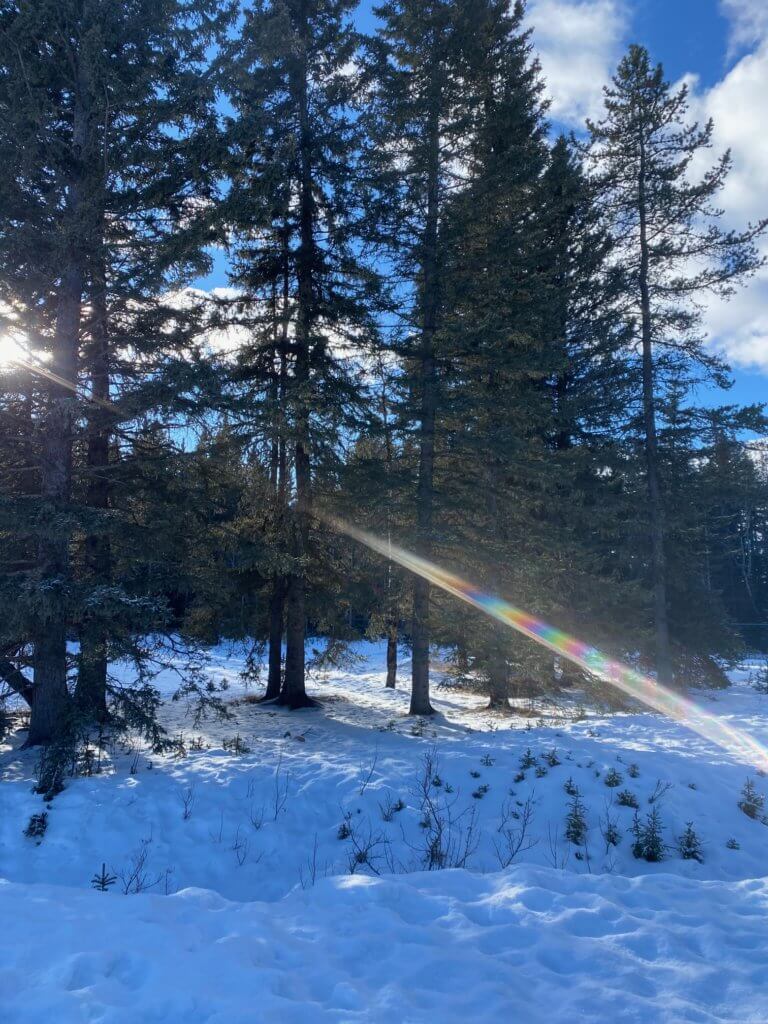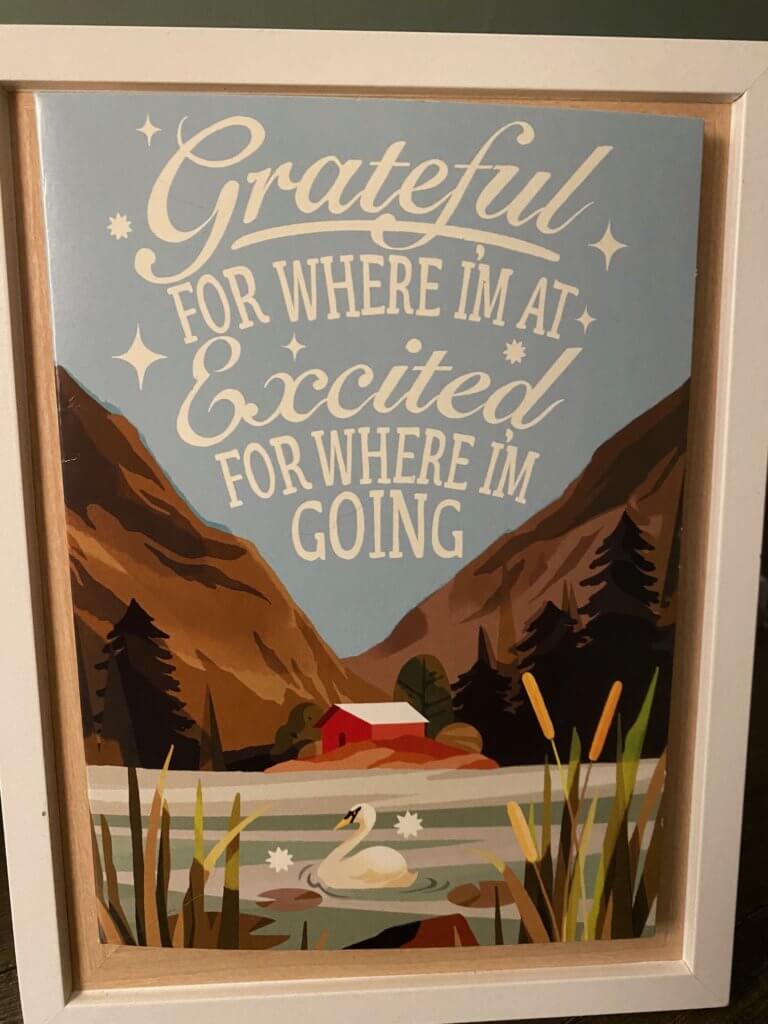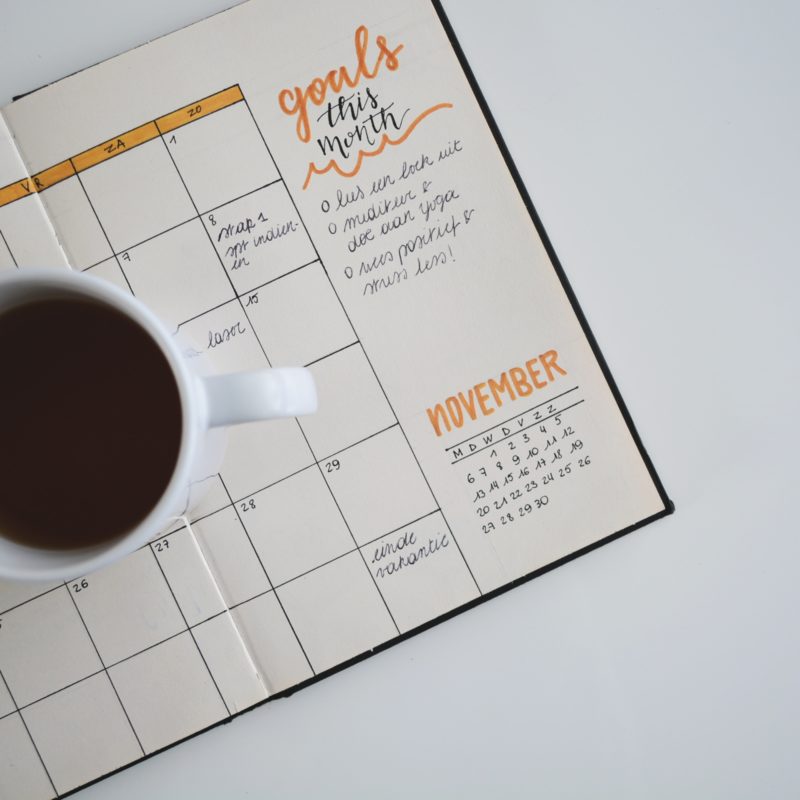
In my wilderness first responder training this past weekend, an important task during various emergency scenarios was to figure out the Mechanism of Injury (MOI). Understanding how a person got hurt was important for figuring out further steps for assessing what to do next. (sometimes we weren't able to to know the MOI, so we had to do our best based on our training protocols).
What sometimes happened during these scenarios was a 'distracting injury'.
This was something more obviously painful or noticeable to the patient (for example, an open fracture) but was not as critical as another situation going on (for example, internal bleeding). In those situations, it was a challenge to help the team and the patient understand that certain things needed to be dealt with first before we could treat the obviously painful injury that was occupying their attention. When we were able to assess the mechanism of injury, this also helped tune our awareness to pick up on other things in the situation we might have otherwise missed.
Interestingly, a couple of days prior to the training weekend, I had an interview with Warriors Heart Healing Center for the podcast, and in it, we discussed the idea of 'presenting problems'. These are problems that feel much more urgent and obvious to patients coming in (such as losing their job or getting a DUI). As trauma therapists, however, they understand that there is generally something much deeper going on for patients than only that immediate and current scenario. They understand that although there may be a lot of stress from something happening now, there are generally patterns of beliefs and reactions to things that have repeated over time... and the current situation may trigger some of those deeply held and invisible wounds and scars from long ago.
So much of what we think may be wrong in a moment has connections to our level of awareness.
If our attention gets distracted by something very pinpointed or obvious, we may miss out on a lot of other types of information and noticing of patterns that could actually help us get to a deeper root of what is going on.
An analogy I remember hearing a while back that resonates with this is: imagine seeing people in a pool of water near a waterfall, and seeing some of these people falling over the waterfall to their potential death. We need some focus to go to helping those people avoid falling over the edge. And we need some focus to attempt to save people who may have fallen over the edge. But we also need some focus to go to why people are jumping in the pool in the first place. The other levels of focus will always draw our attention. But it doesn't mean that we shouldn't also include the wider span of awareness needed to understand why problems keep repeating.
This can include not just ideas about our past in terms of childhood or other experiences, but also for example our sleep patterns, what we are eating, the activities we are engaging in. The more we can pause and take inventory of our habits, the more we may notice that for example, every time we engage in a certain amount of scrolling on social media, or eating certain foods, or neglecting quality sleep, that certain problems keep repeating.
Noticing some of these factors can help us experiment with adjusting different elements of our life to see what helps us react and respond in ways that align with how we truly want. We can't control how other people and events will unfold, but we can play a role in our feeling of truly giving things our best possible version of who we are whenever possible. That best version of us requires certain elements like filling ourselves up with positive energy and loving, accepting connections, as well as taking care of our sleep* and how we eat, how we move our bodies, our environments.
This is the essence of systems thinking and prevention science, which includes preparedness.
If there are issues that keep repeating in our lives, we need to sometimes zoom out our focus from reacting exclusively to that very specific person or situation, and open our view to notice patterns and other nodes and systems that might be feeding into the current challenge. Some of that focus can go back onto ourselves - and can help us notice our own patterns of what might trigger reactions and internal states that don't allow us to be our best selves or find new paths and possibilities that can improve our situation and our wellbeing.
With Love from Me to You
xoxo Stefanie

On a side note...
Something that became very clear yesterday was how much my lack of sleep was affecting me. There had been a couple of family-emergency situations occurring over the past couple days and combined with my adventure medic training, led to less sleep than usual. It was so clear that it was having a really big impact on my thinking and ability to process information the way I'm used to. I've introduced my dad to the idea of CBD as a way to help him sleep (he has a lot of sleep issues) and will be getting some supplements for him to try that I will also try for myself (a brand I'll be ordering once I'm back in the US is called Wolf21). Regular and consistent sleep schedules is also key, and for me - meditation at least once a day (ideally twice, once in the morning and and once in the evening) helps with so many parts of my day and I find improves my sleep. Here's to a week of hopefully better sleep! I'll cover more on the topic of sleep soon, as well as several other topics such as the role of testosterone and oxytocin in human behavior and role specialization in families and society.
I also notice that something that can make us feel better no matter how tired we are is to gather up the energy to be kind - to whoever is in front of us. If we can put aside our own tiredness and notice something we appreciate about the person we're interacting with, this shift of focus can bring us a beautiful shift in energy - even if nothing particular changes about a situation, even if we get nothing in return - it's that shift of focus that generates a new internal state, and the neurochemicals that go with it. It also gives us confirmation that we are truly in control of that internal state - which can help us get in touch with a different sense of our internal strength.
#adventuremedic #wilderness #training #prepared #gohumans #newheights #newera #resilience #mindset #neuroscience #heartbrainconnection #community #team #familyunit #powerpartnership #mission #purpose #endurance #warriorsheart #behindthescenes #offscreens #longtermvision #love #love #love #unity #unifiedpurpose #cometogether #humanpotential #genx #awakening #unraveling #crisis #passingdownwisdom #futuregenerations


